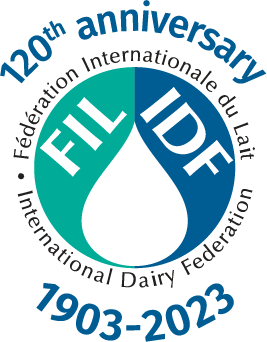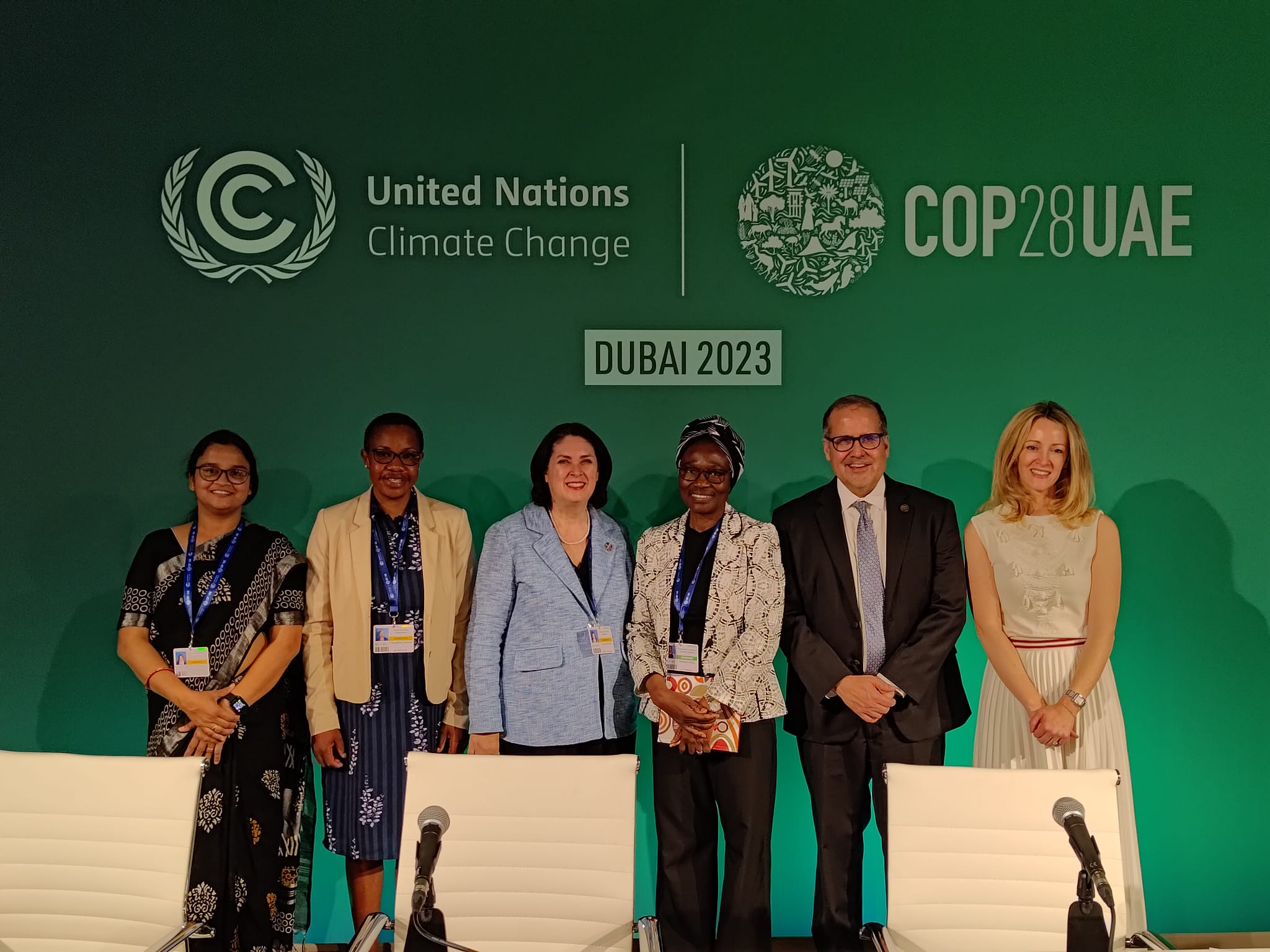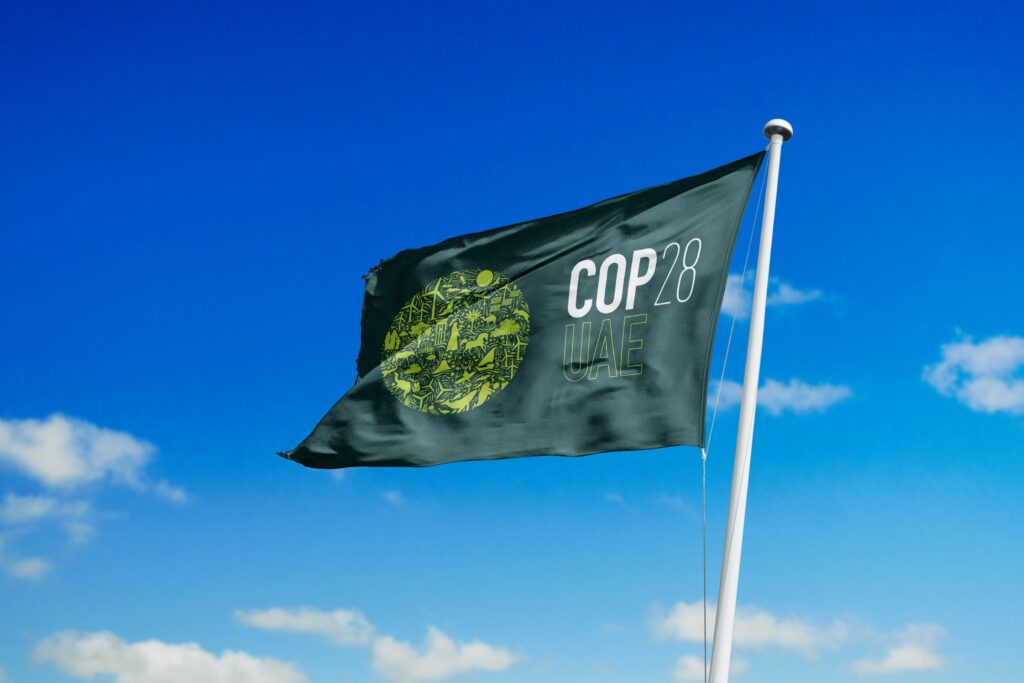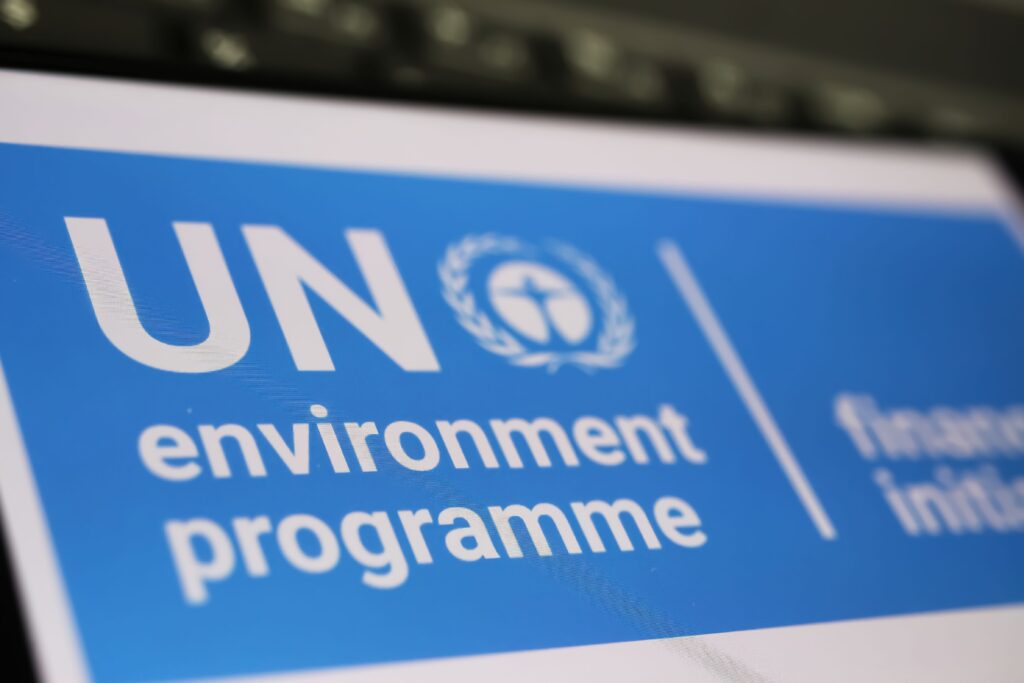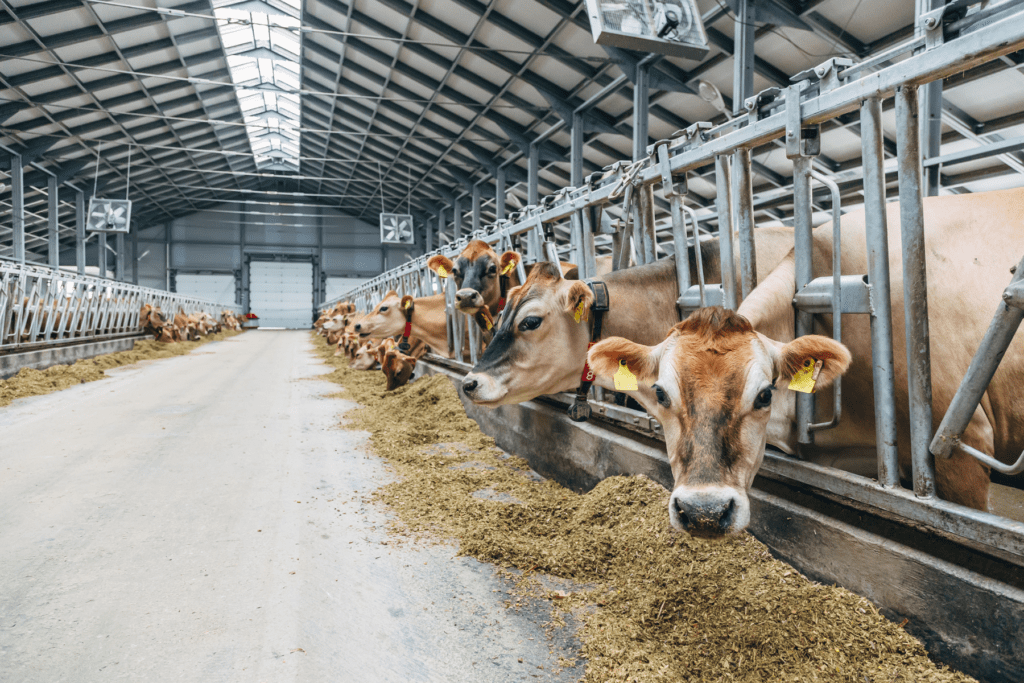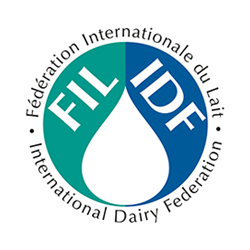The International Dairy Federation (IDF) and the European Dairy Association (EDA) organized an official side event at COP28 on “How animal source foods nourish the world in times of climate change”, that took place on Tuesday, December 5 at the Side Event room 9 in the Blue Zone.
The aims of this event were to provide a holistic a balanced approach encompassing nutrition, economic and social sustainability, and climate action within agrifood systems, to highlight the importance of terrestrial animal source foods for healthy nutritious diets, to support sustainable aligned with climate action objectives and to emphasize the inclusion of dairy and terrestrial animal source foods in school meal programmes. It also aimed at recognising the proactive efforts of farmers in implementing sustainable and climate-friendly agricultural solutions and promote collaborative efforts between actors from the sector and key stakeholders.
The panel included experts from 5 continents, including the Chair of the Subcommittee of Livestock at FAO, Ambassador Carlos Cherniak, the Director of the Food and nutrition division of FAO, Dr Lynnette Neufeld, ILRI Director General’s Representative to Ethiopia, Dr Namukolo Covic, Deputy Director General, at the Interamerican Institute for Agricultural Cooperation (IICA), Mr Lloyd Day, the Manager of the National Dairy Development Board (NDDB) Foundation, Ms Smriti Singh, Sustainability Advocacy Director at Danone, Ms Jeanette Coombs, Youth Farm Leader from the World Farmers Organisation (WFO), Ms Evangelista Chekera, and IDF Director General, Ms Caroline Emond.
“It is important to recognize that the trade-offs between animal farming and sustainability should be further addressed to demonstrate how this critical sector is making efforts to adapt to climate change”, said Ambassador Cherniak in his opening remarks. “I am not saying that there is nothing to improve. On the contrary, I am just highlighting that responsible producers around the world are introducing technology, biotechnology, and holistic approaches to enhance the interface that links production, natural resources, and food security” he added, to finally conclude: “Livestock is part of the solution to climate change”.
FAO Director of the Food and nutrition division, Dr Lynnette Neufeld, explained: “There is substantial evidence that milk and dairy products have positive health outcomes across all life course stages. Animal source foods provide important essential nutrients in highly bioavailable forms varying by livestock specie, feeding systems, breed and production environment”.
“Governments agreed to consider the impact of livestock policies, programmes, and legislative frameworks on nutrition outcomes”, Dr Neufeld concluded.
Ms Namukolo Covic, ILRI Director General’s Representative to Ethiopia, stated: “In many regions of Africa, Livestock is the base upon which livelihoods are built. Even grains cannot be obtained without the income that livestock provides”, she stressed. Ms Covic finalised her presentation with a strong call to action: “What I ask everybody in this room to do is to engage proactively with sustainable food systems transformation efforts”.
“Agriculture is a sector in which we can reduce emissions and capture carbon and a lot of that comes from livestock”, expressed IICA Deputy General, Mr Lloyd Day, and he focused on the role of Terrestrial Animal Source Foods (TASF) on School Meals programmes, particularly in Latin America: “The role of animal source foods in school feeding programmes is an irreplaceable way in which countries can ensure children’s nutrition and growth. A great number of children in impoverished regions get their only daily meal at school”, he highlighted. “It is really important to understand the role of dairy for health and nutrition at all ages, and the role that school feeding programmes play in that”.
At her turn, Ms Smriti Singh, Manager of the NDDB Foundation, spoke about the relevance that dairy in general and school milk programmes in particular have in feeding a Billion people and providing livelihoods to a large percentage of families in India: “School milk programmes ensure assured markets for milk in otherwise distant geographies and steady income for local farmers”, she said, and she gave concrete figures: “7% decrease on stunted children, 24% increase in IQ results, 10% increase in school attendance”.
Ms Jeanette Coombs-Lanot, Sustainability Advocacy Director at Danone, spoke about the relation between nutrition and climate action and how dairy is part of the solutions. She focused her presentation on the company’s project to transform milk agriculture across the African north and how this led to the development of 5 initiatives, the empowerment of 13,000 smallholder dairy farmers and strengthening the milk supply chain. Danone’s project with local farmers in Algeria won the Innovation in Sustainable Farming Practices – Socio-Economic category at the IDF Dairy Innovation Awards 2023.
As a young farmer leader enrolled in the WFO, Ms Evangelista Chekera, highlighted that “farmers should use innovation to sustain themselves and also come up with sustainable solutions for the environment”, and she have a testimonial on her own example as a poultry farming innovator and entrepreneur.
As key takeaways of the session, IDF Director General, Caroline Emond, mentioned the need to keep a balanced strategy encompassing nutrition, economic and social sustainability, and climate action within agrifood systems, to acknowledge the importance of terrestrial animal source foods for healthy nutritious diets, and to focus on innovative methods that support sustainable production of animal source foods aligning with climate action objectives.
During her concluding remarks, Ms Emond also advocated for the indispensable inclusion of dairy and terrestrial animal source foods in school meal programs, especially in developing countries, due to their irreplaceable role in providing essential nutrients, particularly for children and adolescents, the need to recognize the proactive efforts of farmers in implementing sustainable and climate-friendly agricultural solutions and to promote collaborative between actors from the sector and key stakeholders to continue climate action within agrifood systems.
Watch the full side event here.
